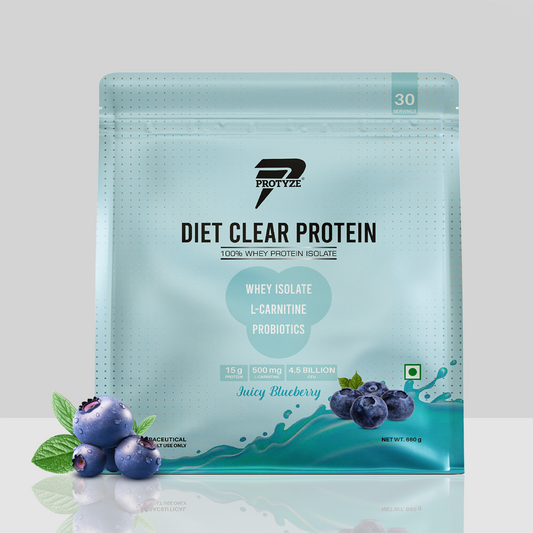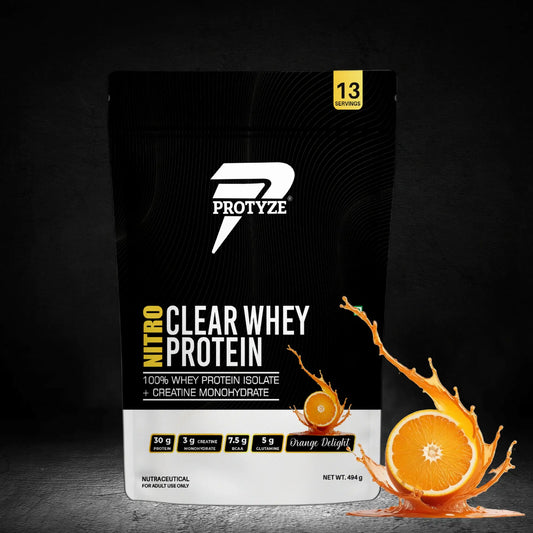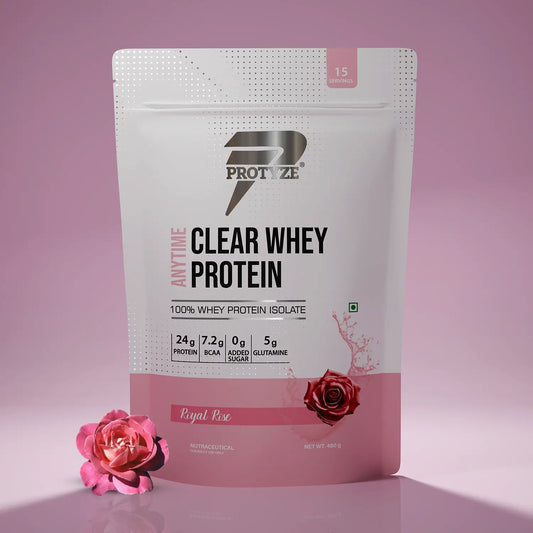Every year, as the seasons change, millions of people find themselves battling constant sneezing, itchy eyes, and blocked noses — all thanks to seasonal allergies. While most turn to medications for quick relief, few realize that what you eat can play a powerful role in managing these symptoms naturally. Your diet can either fuel inflammation or help calm it — and the right foods can actually support your body’s defense system, making allergy season easier to handle.
Certain nutrients like vitamin C, omega-3 fatty acids, quercetin, and probiotics are nature’s own antihistamines and immune boosters. They work to reduce inflammation, control histamine release, and strengthen your overall immunity. By adding these foods to your daily meals, you can give your body the natural support it needs to fight back — from the inside out.
In this article, we’ll explore the best foods that can help you combat seasonal allergies naturally, backed by science and simple nutrition strategies you can follow every day.
Understanding Seasonal Allergies and the Role of Nutrition
Seasonal allergies are caused by immune responses to airborne allergens such as pollen, mold spores, and other environmental triggers. These responses involve the release of histamines and inflammatory mediators, resulting in typical allergy symptoms. Managing allergies involves reducing inflammation and modulating immune responses, both of which can be influenced by specific nutrients in our diet. Certain foods contain bioactive compounds such as vitamin C, quercetin, omega-3 fatty acids, and phytochemicals that can inhibit inflammatory pathways and stabilize mast cells responsible for releasing histamines.
Incorporating these foods into daily intake may provide a natural adjunct to conventional allergy treatments.
Nutrients in Foods That Fight Seasonal Allergies
Vitamin C: The Antioxidant Shield
Vitamin C is a potent antioxidant known to inhibit histamine release, thereby reducing allergy symptoms. Several studies indicate that higher vitamin C intake correlates with fewer allergy symptoms.
-
Sources: Citrus fruits (oranges, lemons, grapefruits), kiwi, strawberries, tomatoes, broccoli, bell peppers, and leafy greens.
- Scientific Evidence: An increased intake of vitamin C is associated with a decreased risk of allergy symptoms, as demonstrated in research involving children with allergies.
Quercetin: The Natural Antihistamine
Quercetin, a flavonoid present in many fruits and vegetables, stabilizes mast cells, preventing the release of histamine during allergic responses.
-
Sources: Onions, apples, berries, capers, kale, and shallots.
- Scientific Evidence: Quercetin shows anti-inflammatory and antihistamine properties, reducing allergy symptoms.
Omega-3 Fatty Acids: The Anti-Inflammatory Agents
Omega-3 fatty acids, especially from fish like salmon and tuna, as well as walnuts and flaxseeds, are known for their ability to reduce systemic inflammation and allergic reactions.
-
Sources: Fatty fish (salmon, mackerel, sardines), walnuts, chia seeds, flaxseed oil.
- Scientific Evidence: Diets rich in omega-3s have been linked to lower incidences of allergic rhinitis, suggesting their role in decreasing inflammation.
Curcumin (Turmeric): The Anti-Inflammatory Spice
The active compound in turmeric, curcumin, exhibits strong anti-inflammatory properties. It inhibits inflammatory molecules and may improve nasal airflow and reduce sneezing.
-
Sources: Turmeric powder, curries, golden milk.
- Scientific Evidence: Studies indicate curcumin supplementation can reduce allergy symptoms, including nasal congestion and inflammation.
Selenium and Nuts: The Immune Modulators
Nuts like walnuts are high in selenium, a trace mineral with antioxidant properties that support immune health and reduce allergic inflammation.
-
Sources: Walnuts, Brazil nuts, almonds.
- Scientific Evidence: Selenium intake correlates with decreased allergic responses, contributing to overall immune resilience.
Probiotics and Fermented Foods
Probiotics improve gut health, which is linked to immune regulation and allergy resistance.
-
Sources: Yogurt, kefir, sauerkraut, kimchi.
- Scientific Evidence: Regular intake of probiotics has been shown to prevent and alleviate allergy symptoms by modulating immune responses.
Practical Food Choices for Allergy Relief
|
Food Item |
Nutrients/Active Compounds |
Role in Fighting Allergies |
|---|---|---|
|
Citrus fruits |
Vitamin C |
Antioxidant, histamine inhibitor |
|
Onions and apples |
Quercetin |
Mast cell stabilizer |
|
Fatty fish (salmon, mackerel) |
Omega-3 fatty acids |
Anti-inflammatory effect |
|
Turmeric |
Curcumin |
Reduces inflammation, improves nasal airflow |
|
Nuts (walnuts, Brazil nuts) |
Selenium |
Supports immune function |
|
Fermented foods (yogurt, sauerkraut) |
Probiotics |
Gut health and immune regulation |
|
Berries, strawberries |
Vitamin C, quercetin |
Multi-nutrient protection against allergy symptoms |
Additional Lifestyle Tips
-
Stay Hydrated: Drinking sufficient water helps thin mucus and eases nasal congestion.
-
Limit Allergens: Reduce exposure to pollen by staying indoors during peak pollen hours.
-
Eat a Diverse Diet: Incorporating a variety of colorful fruits and vegetables ensures a broad spectrum of nutrients.
- Avoid Trigger Foods: Some people may react to certain foods like dairy or spicy foods during allergy seasons.
Conclusion
Managing seasonal allergies isn’t just about medication — it’s also about what you eat. Nutrients like vitamin C, quercetin, omega-3s, curcumin, and probiotics can naturally reduce inflammation and strengthen your immune system, helping your body respond better during allergy season.
Including foods like citrus fruits, nuts, fatty fish, and fermented foods can make a real difference in easing symptoms. For added support, Protyze Diet Clear Whey Protein, enriched with probiotics and L-carnitine, can help improve gut health and boost immunity — key factors in managing allergies naturally.
Simple dietary changes can go a long way in helping you breathe easier and feel stronger through every season.





